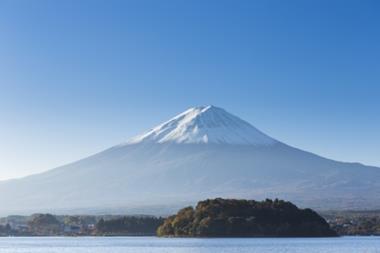The use of weather insurance is spreading
The use of weather insurance to help poor farmers, farming co-operatives and their communities is spreading. In India, for example, two projects are already underway and have paid claims. A joint venture between a farmers’ co-operative and the Indian subsidiary of Tokio Marine and Nichido Fire has just launched a second such product, while SABMiller India, part of the brewing giant, made its first insurance payouts under its pilot scheme for farmers in the Indian state of Rajasthan this autumn.
Mausam Bima Yojna is an index-based weather insurance product developed by IFFCO TOKIO General Insurance Company (ITGI), a joint venture by an Indian farmers’ fertiliser co-operative and its associates, and the insurance company. It caters to farmers and state co-operatives in the state of Tamil Nadu. The policy provides cover for anticipated deficiency in the yield of crops, such as sugar cane and groundnuts, because of excess rain fall during the cultivation period.
ITGI introduced its first weather insurance product in April 2004. It has since spread the distribution of its weather products to more than 200 districts, and paid claims to 36,300 farmers.
SABMiller India began its initiative in 2007-8 to ensure returns for famers to help make barley a commercial rather than a subsistence crop. Initially, it covered farmers across six districts of Rajasthan. The company is working in association with local company Sahaj Agrofarm India and Morarka Foundation, a Rajasthan based non-governmental organisation.
Further support for the concept is coming from the World Food Programme and the International Fund for Agricultural Development (IFAD). In November 2008, they launched a joint initiative with the Bill & Melinda Gates Foundation to provide poor farmers with financial protection following natural hazard events.
For a discussion of developments in crop insurance, see page 16.



















